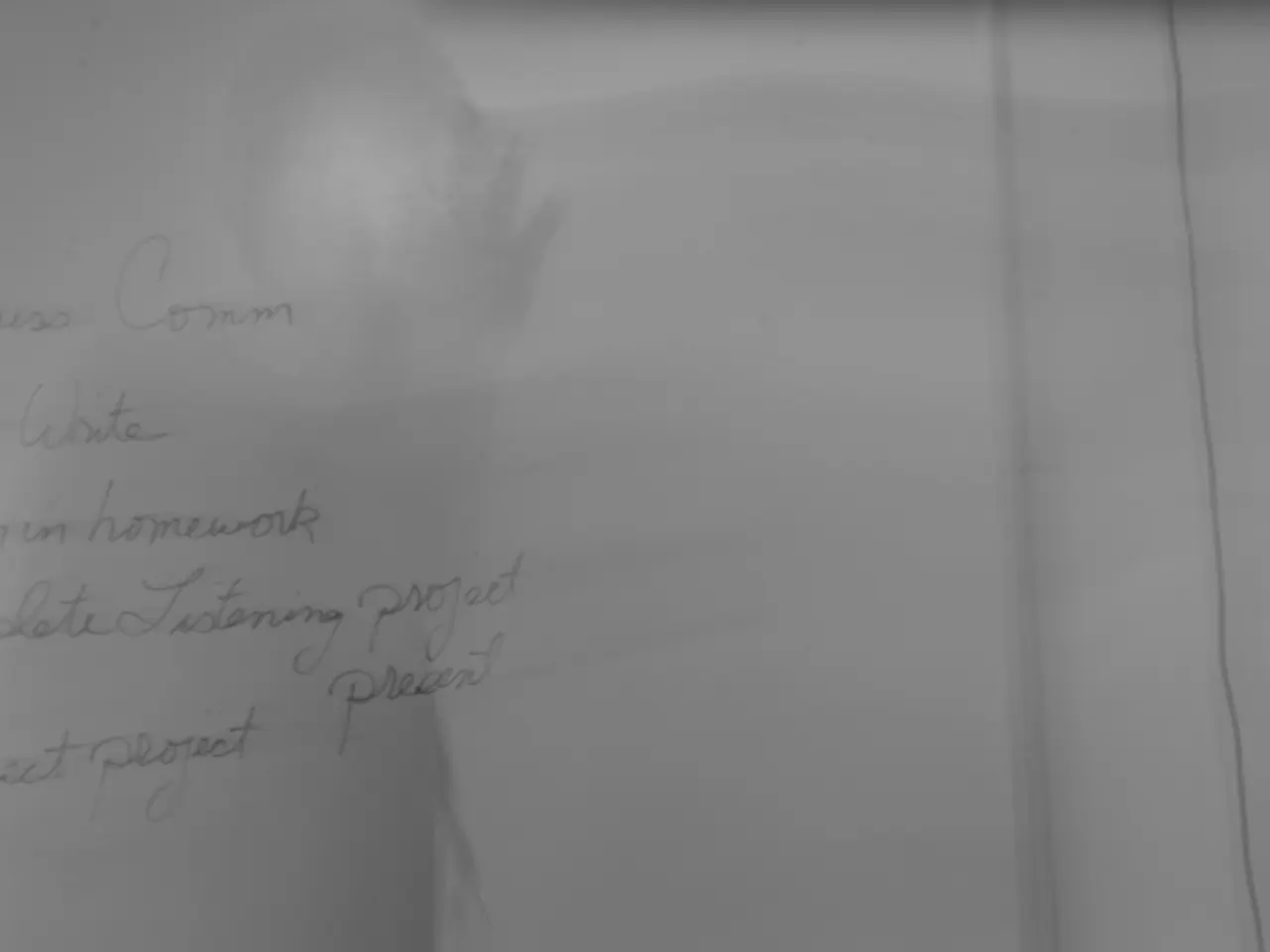Struggling Finances Unveiled in Small and Medium Enterprise Survey, Showing a Bleak Outlook for Bankruptcies
In a survey conducted from March 15 to 31, 2025, Mag. Gerald Zmuegg, CEO of KMU-Finanzinsider, revealed that small and medium-sized enterprises (SMEs) in Austria are grappling with several economic challenges for the year ahead.
- Rising Interest Rates: The survey found that many SMEs are struggling with higher borrowing costs due to increased interest rates, which impact their ability to finance operations and investments.
- Inflationary Pressures: Persistent inflation is driving up costs for raw materials, energy, and wages, squeezing profit margins for SMEs.
- Supply Chain Disruptions: Ongoing global supply chain uncertainties continue to affect the timely procurement of goods and inputs, leading to delays and increased expenses.
- Labor Shortages: A tight labor market, exacerbated by demographic shifts, makes it difficult for SMEs to attract and retain qualified staff, impacting productivity and growth.
- Regulatory and Administrative Burden: SMEs report challenges with compliance costs and administrative demands, which consume resources that could otherwise be invested in business development.
- Digital Transformation Needs: Many SMEs face pressure to innovate and digitize operations but struggle with the capital and expertise required to do so effectively.
These challenges, as reflected in the KMU-Finanzinsider survey, underscore the need for targeted financial support, flexible credit conditions, and policy measures to bolster SME resilience in Austria's evolving economic landscape in 2025.
The survey involved 1,067 SMEs in Austria, with companies with a balance sheet total of up to 25 million euros participating. The findings suggest that the situation for SMEs has not improved significantly since the end of lockdown measures, as almost 63% of the companies registered a decline in sales after the first full year following the end of these measures.
In addition, approximately 76% of the companies need additional money, and 81% reported a loss in 2024. Zmuegg urges the government to reduce the rejection rate of credit requests from SMEs and questions whether Austria's government has understood the need for adaptation in the changed conditions.
Zmuegg also advocates for an increase in state guarantees for bank loans and private investors, new credit lending regulations by the FMA, and measures that come into effect in 2025 or earlier, as those coming into effect in 2026 or later are considered too late. He concludes that banks are once again the beneficiaries of the current situation.
The survey results highlight the urgent need for policy interventions to support SMEs in Austria as they navigate the economic challenges of 2025.
- Given the findings of the KMU-Finanzinsider survey, it appears that many small and medium-sized enterprises (SMEs) in Austria are urgently seeking additional finance to address their economic challenges in 2025.
- In light of the persistent difficulties faced by SMEs in Austria, such as higher borrowing costs, inflationary pressures, and labor shortages, the government's swift implementation of targeted financial support measures, flexible credit conditions, and policy changes could significantly bolster the resilience of these businesses.




